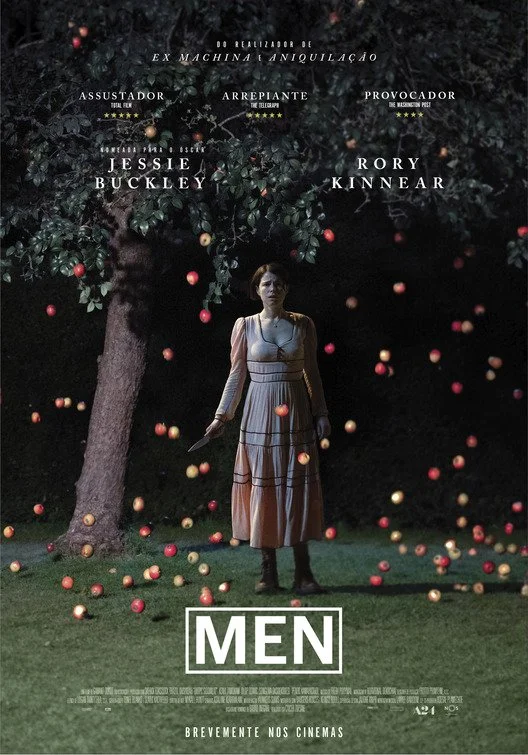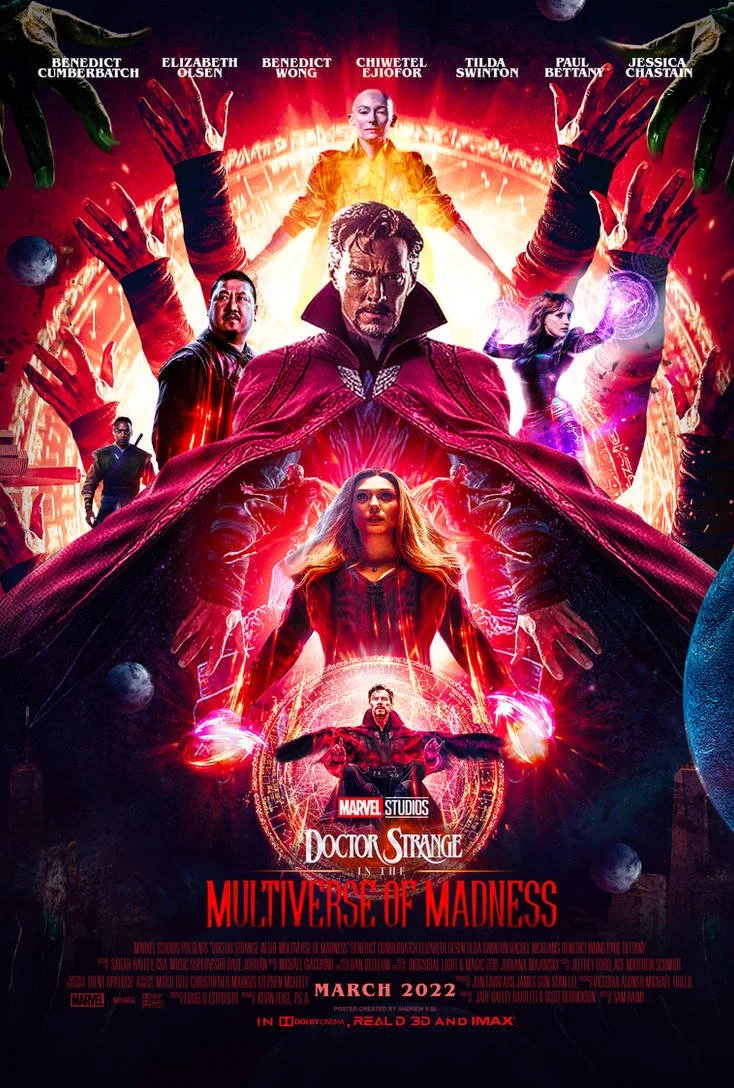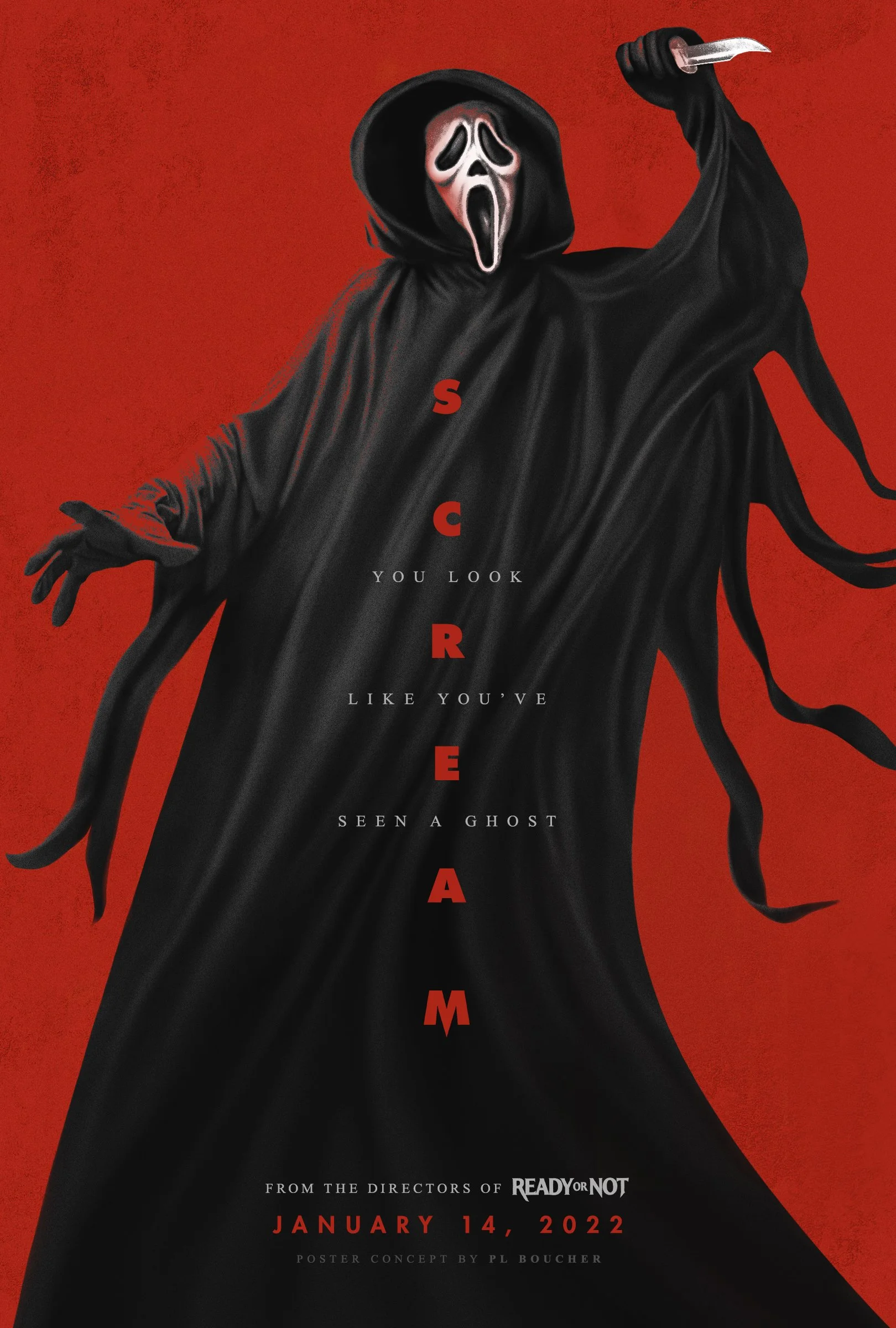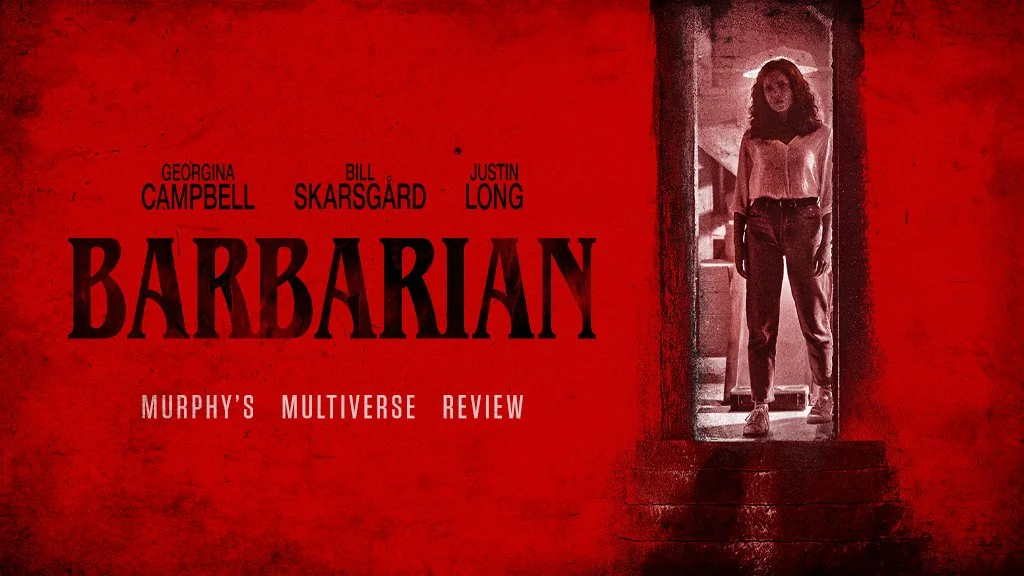Men
Ten Second Review: Faux depth for people who like to keep difficult conversations at arms length. If he wanted to form a critique, Garland would have done well to decide what he actually wanted to say.
Jessie Buckley and Rory Kinnear star in a folk horror that veils a societal critique. Can a pitch for a film set in a small English town get any better? When I say I was excited, that’s an understatement. When the first reviews went out and they were overwhelmingly positive, I was so happy. When I sat down in the cinema I might as well have been on the edge of my seat.
When it finished I felt deflated.
Harper has just watched her husband commit suicide. She needs an escape and books herself into a manor in a quaint English town. As she explores the town it gets weirder and weirder and Harper quickly realises this might not be the relaxing break she thought she’d booked.
There is so much potential and promise in this film. From the acting to the quality of execution, there is so much to rave about here. If this had been an out and out horror it may well have been one of the best this year (although the competition is looking stiff). Sadly, it does have its missteps, but those missteps are highly localised. They lie in one part of the production and that’s the writing.
The problem with your film resting on societal critique is that you need to know what you’re saying, how you are paying it off and whether you are actually critically engaging with the subject. It is never enough to nod in the direction of an interesting conversation and say “ooh, wouldn’t that be interesting to explore?”. Either you engage or you don’t, you don’t get points for noticing a topic exists.
We have had some incredible films examining similar subjects to Men in the past year, but the two that immediately come to mind are Amulet and Titane. Both featured a brutal physicality and themes designed to make some audiences uncomfortable, but they knew what they wanted to say. They also knew how to say it and they felt like they had purpose. It was like they had a viewpoint, an angle they saw the world through, a lens…
*checks notes on who made them*
…ah.
The danger, or one of the many when it comes to telling stories about abuse, is that if you are not clear in what you are trying to say, the audience may draw conclusions you don’t intend. If I was so inclined (which I am not), there is a solid argument to be made here that Garland is defending abusive men as victims in their own right. This is not to say that there is not a nuanced discussion to be had about this idea, but it is certainly beyond the scope of this film and only clutters an already confused movie. I am fairly sure I get the general idea of what he was going for, but that’s not really how I should leave this film in particular.
To be clear, this was a good horror film. There were moments of incredible tension and real nail biting scenes. The problem seems to be that a director had a few solid films that he felt gave him some clout with liberal audiences and he decided to use that as justification to make a film about how abuse manifests in a woman’s mind. Not all stories are for all people to tell. A film with a veiled critique would have payed off better than choosing to loudly critique and ending up saying nothing of any coherence.
In short, the white boy thought he was goated with the sauce, but he wasn’t. Does it gain something from the cinema experience? Yes, as with many horror films, the big screen experience sells the visuals and the sound, but it also makes it impossible to ignore how little this film actually says.






